Faye Bradley reports on some of the success stories to have emerged out of fruitful cultural collaborations between Hong Kong and Romania.
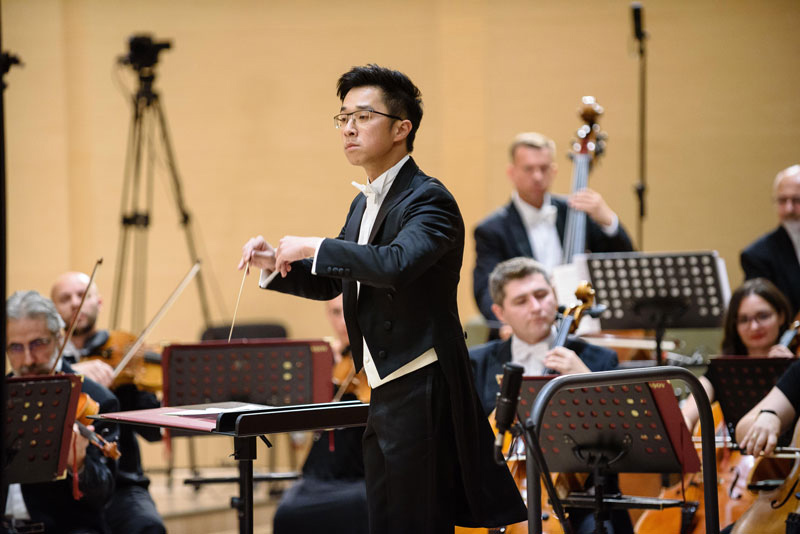
Hong Kong’s cultural ties with Romania have been forged and nurtured over several years. However, it’s relatively recently that we’re beginning to see some of the projects conceived as a result of such cross-cultural collaborations coming to fruition. For instance, when the inaugural Hong Kong International Shakespeare Festival kicks off in June, the audience will be treated to a King Lear featuring actors from both Hong Kong and Romania.
A collaboration between the National Theatre Marin Sorescu of Craiova in Romania and Hong Kong’s Tang Shu-wing Theatre Studio, King Lear is a nonverbal performance with an all-female cast. Featuring eminent Romanian actors Corina Druc and Costinela Ungureanu, the production will tour London, Berlin and Craiova before playing at the Shakespeare festival in Hong Kong, which will run at Freespace in the West Kowloon Cultural District from June 5-16.
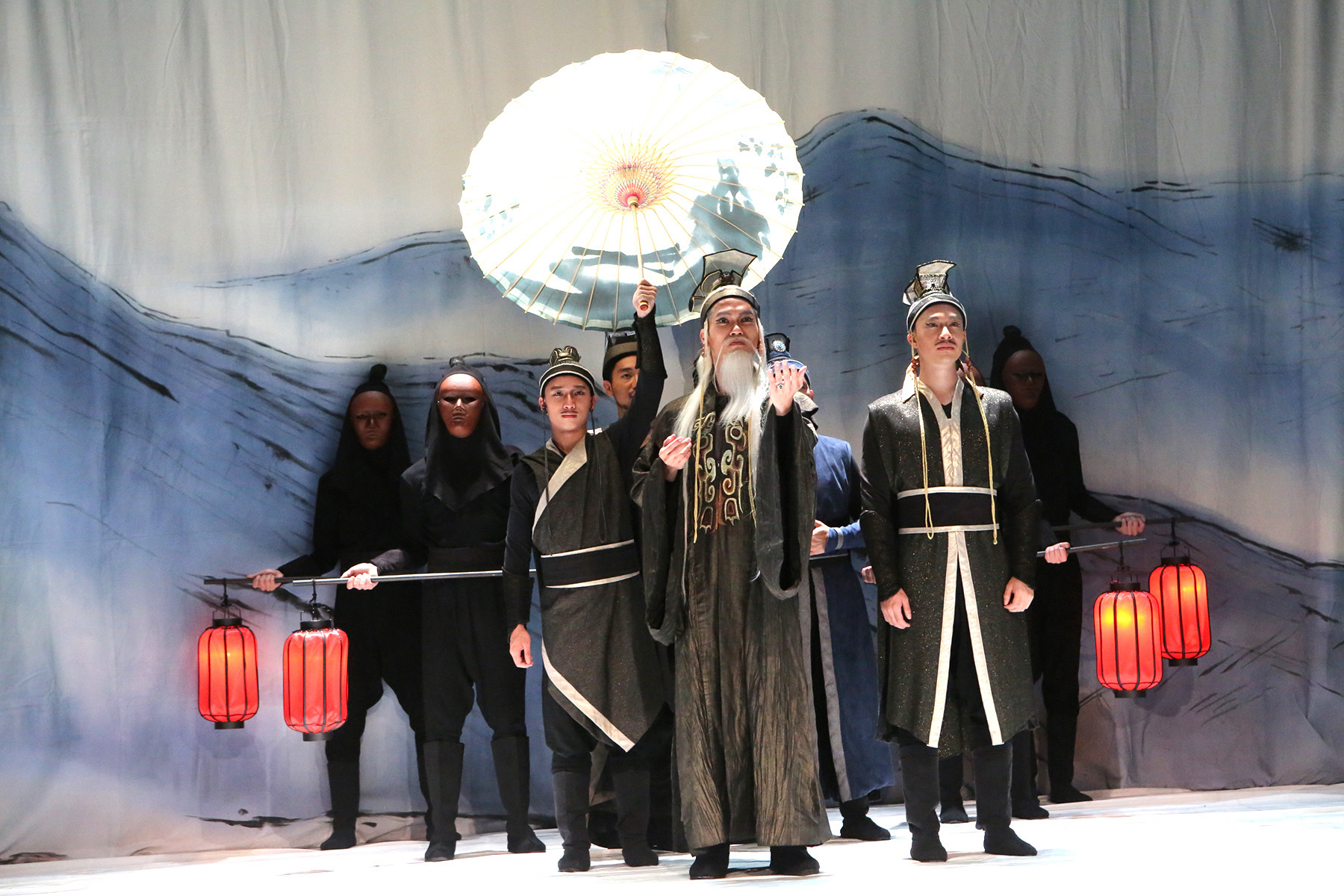
“I wanted to examine if there was a substantial difference in physical expressions of performers from different cultures and whether such differences can be assimilated to form a new kind of expression,” says Tang Shu-wing, artistic director of the eponymous Hong Kong-based theater company.
King Lear will offer Hong Kong audiences the rare chance to see Romanian actors in action. Tang envisages more such collaborations in the future. “More proactive collaborations can extend to inviting Romanian directors to work with our actors on new productions and vice versa,” he says.
This is not the first time that the Tang Shu-wing Theatre Studio, founded in 2011, will be performing in Romania. In 2017, the company had staged Macbeth at the Sibiu International Theatre Festival (SITF). In 2018, Tang conducted a workshop based on the company’s widely acclaimed production of Titus Andronicus 2.0 at the Undercloud Festival in Bucharest.
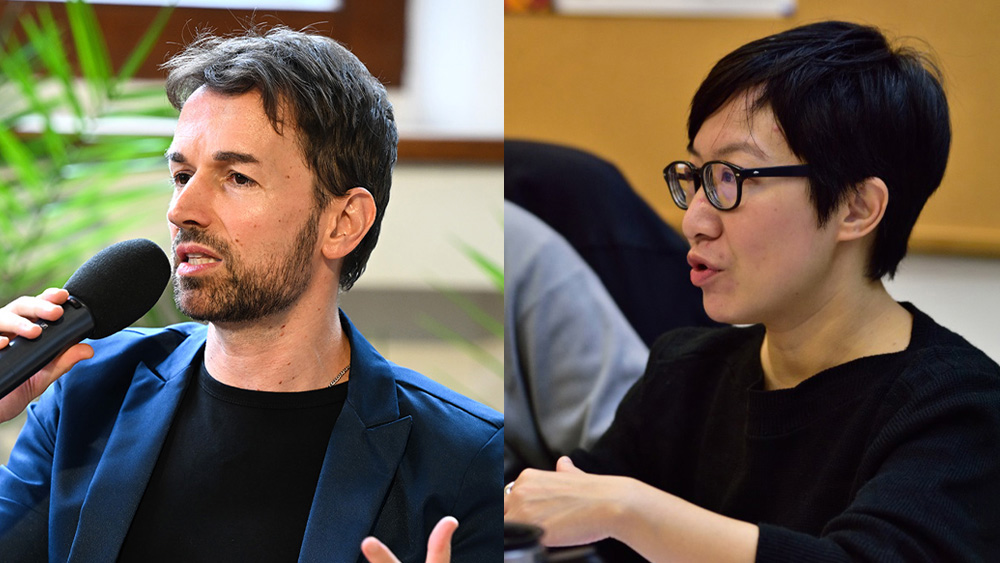
Hosting the world’s finest
Octavian-Ion Saiu, a Romanian scholar teaching theater at the Hong Kong Metropolitan University (HKMU), has been active in fostering cultural exchanges between Hong Kong and Romania. As the conference chair of SITF, Saiu has invited a number of theater practitioners and key cultural personalities from Hong Kong to participate in the panels he has hosted over the years.
Recently, Saiu was instrumental in putting together HKMU’s Master of Arts in Cultural Leadership program, which offers its students internship opportunities at SITF. “I have met Hong Kong people who have never been to Sibiu, but they know about the festival and really want to somehow be a part of it,” Saiu says. “This indicates a sort of cultural awareness that derives from the fact that certain friends from Hong Kong have been there.”
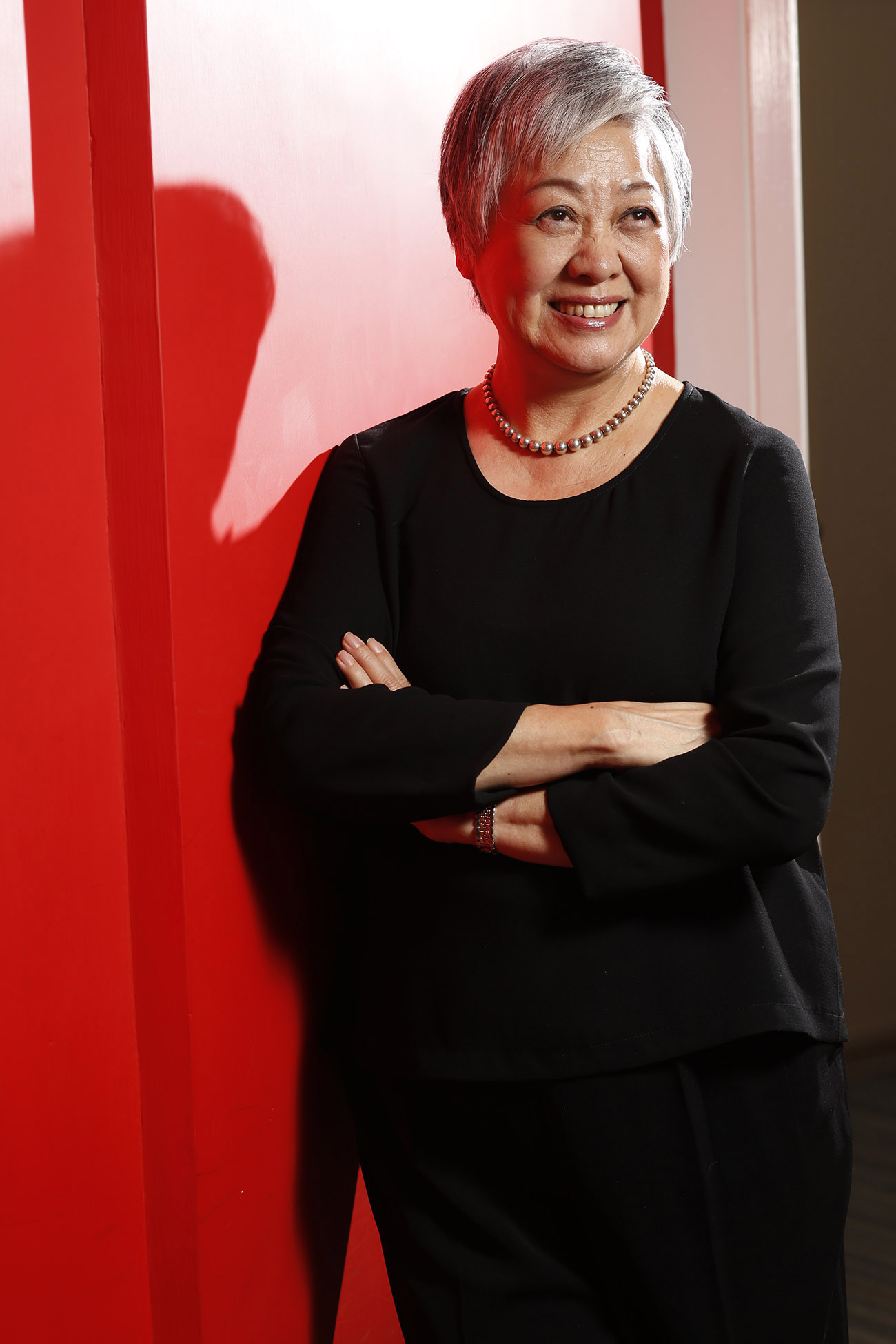
Saiu goes on to add that Hong Kong students visiting SITF also stand to benefit from the fact that the festival is particularly keen to address clinical depression and anxiety among young people. The festival emphasizes the transformative influence of cultural unity, offering students a platform to shine by cultivating an environment that inspires confidence, Saiu says.
Bernice Chan, general manager of the International Association of Theatre Critics (Hong Kong), attended SITF in 2017, 2019 and 2023. “As a theater critic and observer, I was impressed by the atmosphere of the festival, which is considered one of the biggest theater events in Europe,” Chan says. “Apart from the wide range of performances that are invited each year, the academic exchanges and cultural dialogues at the festival are also very important to me, as these offer opportunities to artists, critics, producers and practitioners of theater to share their thoughts and visions.”
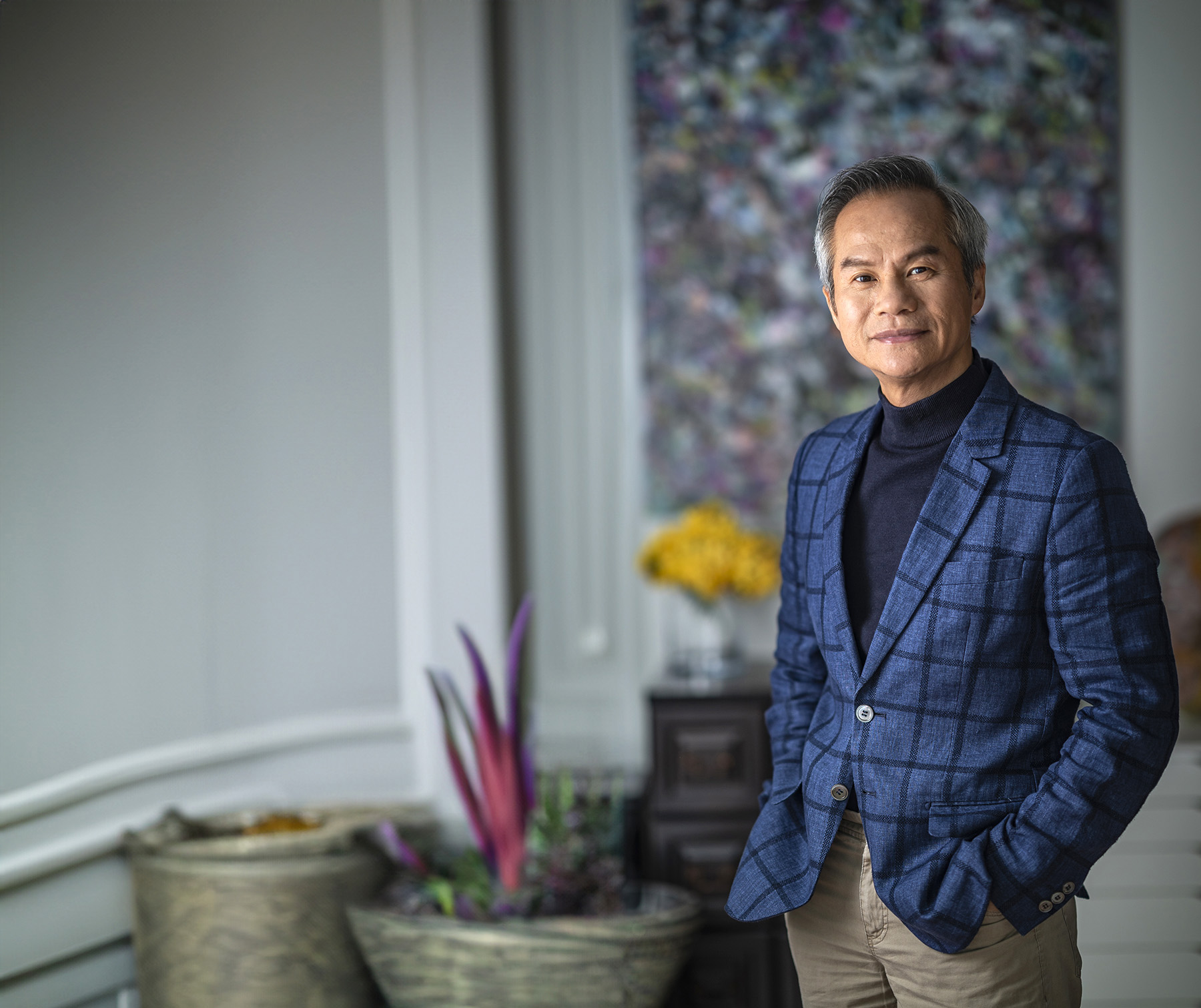
While Chan feels there is scope for long-term theatrical collaborations between Hong Kong and Sibiu, she is not sure if Hong Kong has what it takes to host an international theater festival on a par with SITF. “We may not be able to hold a festival of such scale in Hong Kong,” she says. However, she is hopeful that Hong Kong can learn from Sibiu by observing and comparing notes “on how to host an international festival, how to select good-quality shows that will attract more tourists”.
Like Chan, former executive director of the Hong Kong Arts Festival, Tisa Ho, has attended several editions of SITF. “Apart from getting to watch performances and meeting artists and arts managers, visiting Sibiu was also an opportunity to participate in a range of activities, including making presentations to some of the world’s top theater personalities, participating in formal networking sessions as well as having a platform to share facts on the current situation in Hong Kong and, of course, making new friends,” says Ho. She believes that SITF’s high-profile platform presents a tremendous opportunity for promoting Hong Kong as a connector and facilitator of international cultural exchanges.
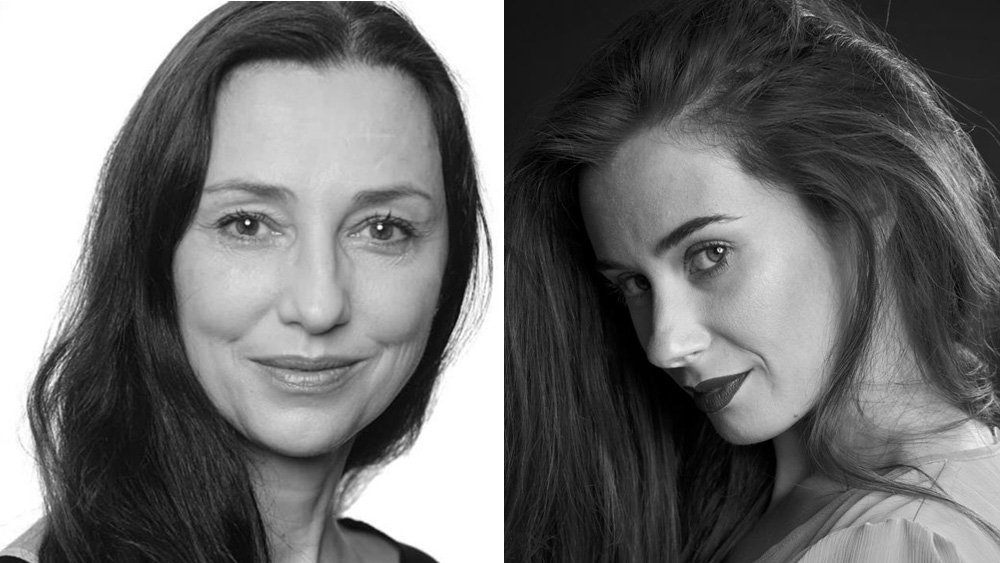
City conductor going places
The life of Szeto Kin took a dramatic turn after he won second place at the inaugural Orchestra’s Conductor Competition hosted by the Filarmonica Brasov in 2022. Szeto, who used to be an erhu player at the Hong Kong Chinese Orchestra, won a Hong Kong Jockey Club-sponsored scholarship that enabled him to participate in the competition held in the Romanian city of Brasov.
The final stages of the competition involved conducting the Filarmonica Brasov orchestra, which Szeto considers to be a rare privilege for a young conductor from Hong Kong. “The Filarmonica Brasov is very responsive and reacted to my instructions in a flash. We created an intimate connection,” he says.
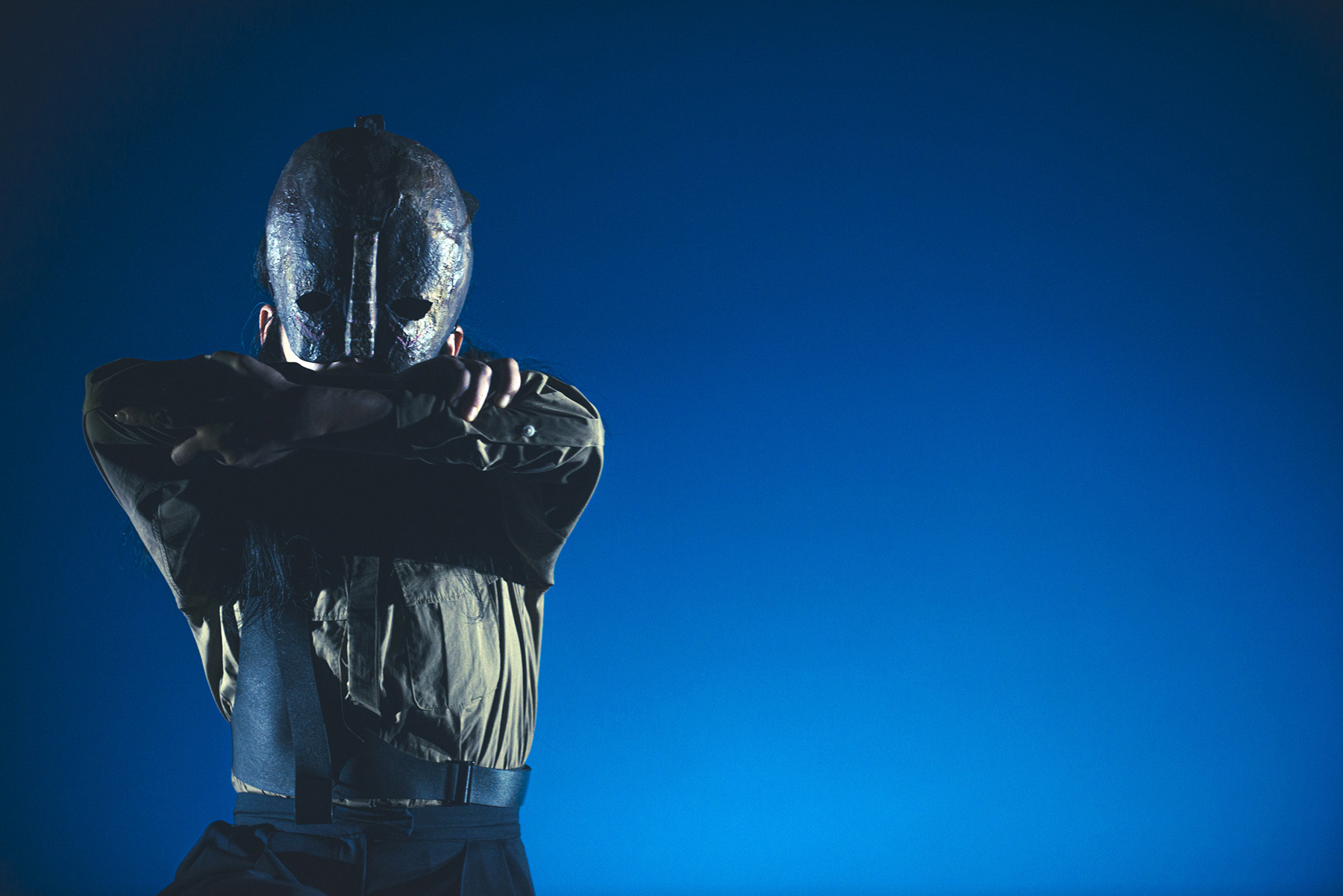
Szeto’s award-winning performance has led to lasting ties with the Filarmonica Brasov. Earlier this year, the orchestra invited him to guest conduct for a production based on Tchaikovsky’s The Nutcracker Suite, aimed at young audiences. “It was my European debut, opening up another career path for me. I will be returning to the Filarmonica Brasov for another concert in the next season.”
Since his win at Brasov, Szeto has found greater recognition at home as well. Recently he was appointed assistant conductor at the Hong Kong Windpipe Ensemble. This weekend he will guest conduct a production of Georges Bizet’s opera Carmen, presented by Musica Viva.
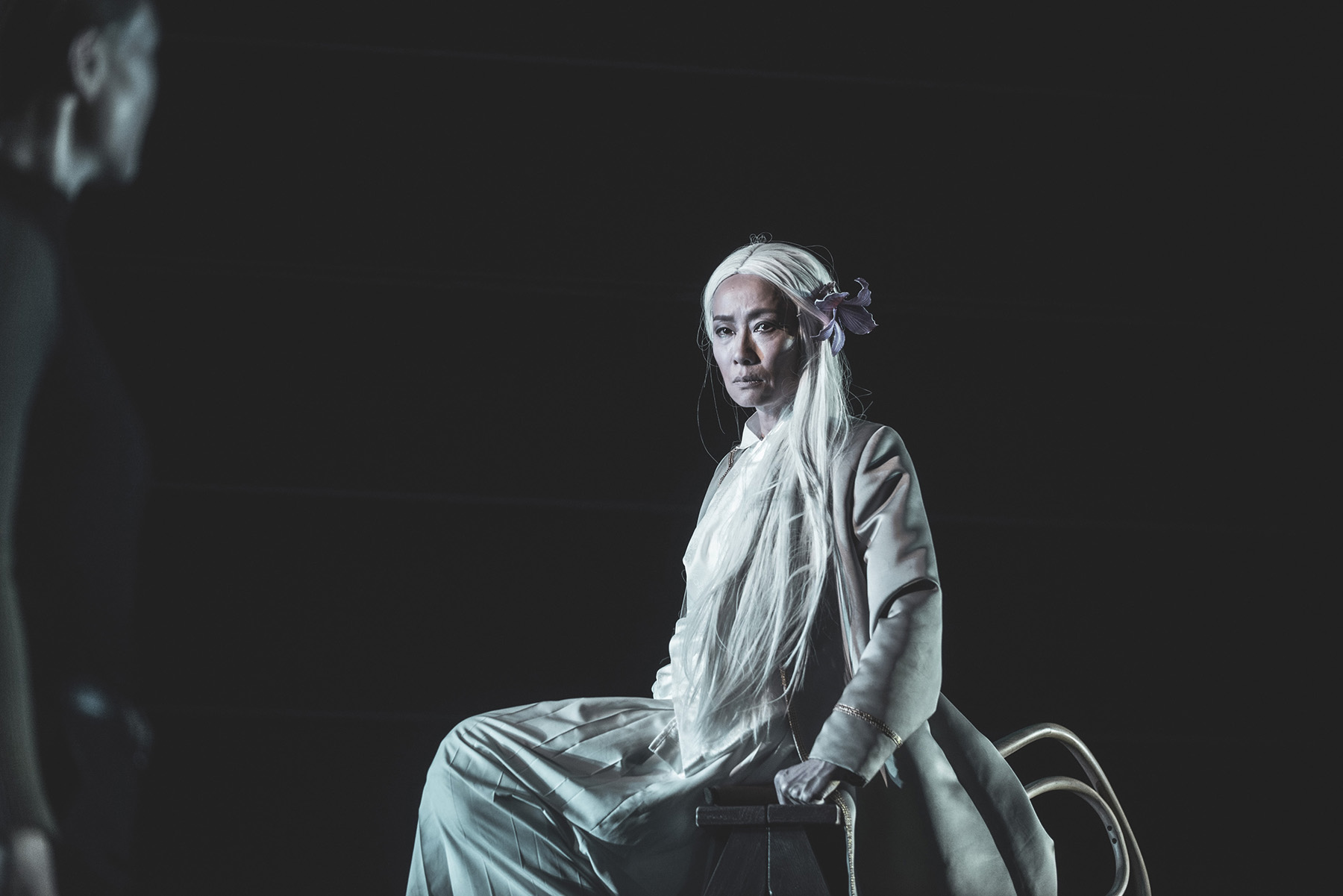
Eye on the wider world
Establishing sustained cultural ties with a country like Romania augurs well for Hong Kong, not the least because such ties encourage Hong Kong’s artists and audiences to look beyond their colonial legacy.
“For historic reasons, Hong Kong is sometimes overly focused on economies that were leaders in the past,” Ho points out. “We should continue to respect the values that they represent, and appreciate their aesthetic codes for what they are, but we should also look elsewhere and educate ourselves about the rest of the world if we are to have global competence. It would be good if our policymakers accepted this view and provided the necessary support in facilitating exchanges with cultures that have been relatively less explored and if our media helped to enhance such awareness.”
Saiu too believes that the postcolonial tensions Hong Kong’s cultural scene sometimes seems to be dogged by might ease as a result of deepening the city’s “cultural relations with a country like Romania — neither a big economic power, nor a colonizing empire”.
Jorge Cacheiro, dean of theater at the Hong Kong Academy for Performing Arts, is all for greater cultural collaboration between Hong Kong and Romania. “If the theater communities of Hong Kong and Romania want closer ties, they need to communicate more and line up their priorities,” he says. Seeing that artists and producers of live shows from around the world are demonstrating a renewed interest in Hong Kong, Cacheiro feels it’s time for the city to seize the moment.


